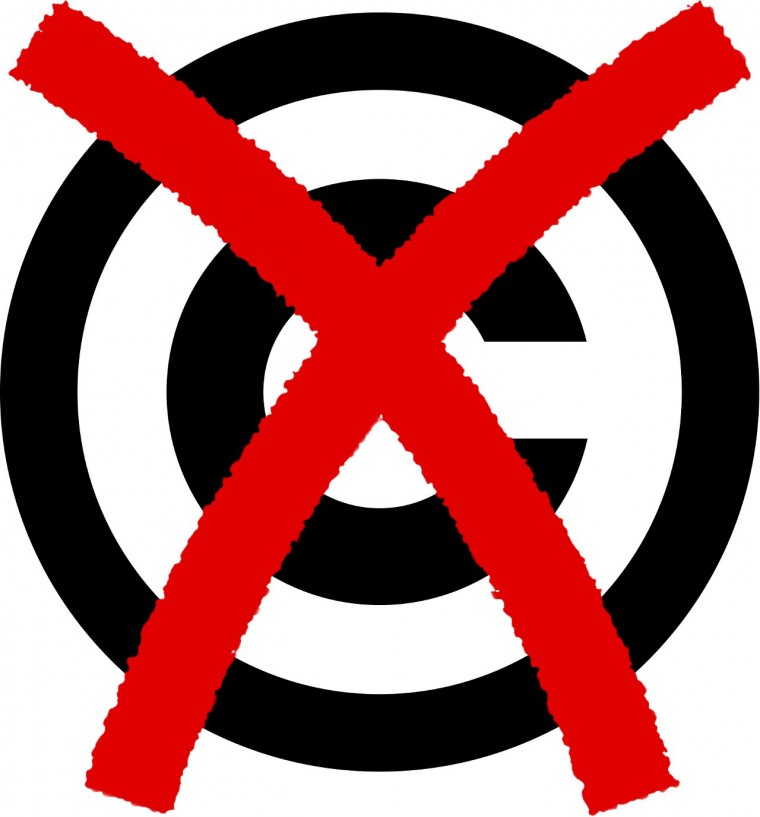According to Goss (2007), the existence of copyright alternatives is necessary to balance the power of digital media corporations who hide the true intention to possess power and earn money under the desire to protect creative sectors and facilitate their unimpeded development. These copyright alternatives makes the web more democratised and contribute to the development of pure creativity without borders.
Copyleft
Copyleft differs from the copyright by providing users with a right to ‘copy, distribute and modify the program without payment to the original author'(Chmielewski, 2016). However, this license demands that any derivative works must be licensed identically to the original piece of content'(Geere, 2011).
Creative Commons
Creative Commons(CC) is a set of licenses aimed at extending the copyleft concept to other types of creative works. It eliminates the need to request a permission and pay a fee to use a work if users meet the license conditions. The only requirement is to display a credit to the author and not to sell the original work. CC allows modifying and sharing works as well incorporating them into a new one (Chmielewski, 2016).
Open Source
‘Open source licenses grant permission to everyone to use, modify, and share licensed software for any purpose, subject to conditions preserving the provenance and openness of the software (Choose a License, 2016).
